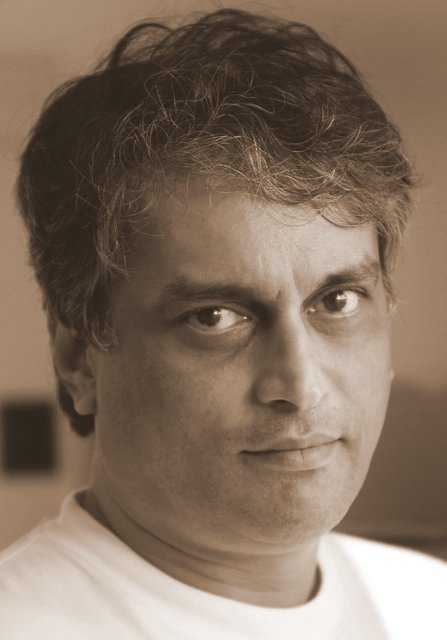The restaurant that Jack Welch built
vinay kamat
Jack Welch is always a fascinating read. As the CEO of GE between 1981 and 2001, Welch did what no CEO would have dared to: create a new GE.
In short, Welch saw GE as a nimble giant, not a global goliath. He saw GE as a culture of best practices. And Welch prepared GE to face the future: cost warriors from
In a Financial Times-PwC survey (Friday, November 18), Welch ranks second among the world’s most respected leaders, after Microsoft’s Bill Gates; he ranks third among the world’s most influential management gurus, after Peter Drucker and Bill Gates. But is Welch really a guru?
Actually, he is a CEO’s guru, a mentor who is able to granularise leadership to a few why’s and why-not’s. In all his books, Jack: Straight from the Gut (which he wrote with John Bryne in 2001), and Winning (which he wrote with his wife Suzy in 2005), Welch exudes the passion and enthusiasm of a Peter Drucker. It’s only his GE-ness (he spent 40 years in GE) that makes his universe of observation smaller. Still, Welch has the ability to bring concepts alive through his experiences as manager, entrepreneur, leader, and writer. It’s like Sony’s Akio Morita constantly bringing a new zing to the repetitive life in the organization.
“There is no perfect business story. I believe that business is a lot like a world-class restaurant. When you peek behind the kitchen doors, the food never looks as good as when it come to your table on fine china perfectly garnished. Business is messy and chaotic,” says Jack, in Straight From The Gut.
In Winning, Welch tells managers where to start: “In my experience, an effective mission statement basically answers one question: How do we intend to win in this business? It requires companies to make choices about people, investments, and other resources, and it prevents them from falling into the common mission trap of asserting they will be all things to all people at all times.”
That’s nothing new; Michael Porter has said that. But Welch also created the templates of implementation; each template was a best practice at GE, like Six Sigma (a quality-enhancing tool). It not only impacted profitability, it gave a new voice to GE’s people.
It’s a mood that Control Your Destiny Or Someone Else Will (the 1993 book written by Noel Tichy and Stratford Sherman) captures completely. Tichy describes the scene in GE’s training centre: “(Ten) young college graduates, all recently hired as GE junior managers, were ferociously debating two propositions scrawled on a flip chart… Jack Welch is the greatest CEO GE has ever had. Jack Welch is an ***hole.”
Such irreverence, notes Tricy, could have only flowed from a culture of openness and confidence. It’s easy to conceptualise such inflection points with a few graphs, PowerPoints, and buzz-words. But the real success lies in institutionalizing something that is constantly changing. That was the restaurant that Jack meticulously built.


0 Comments:
Post a Comment
<< Home